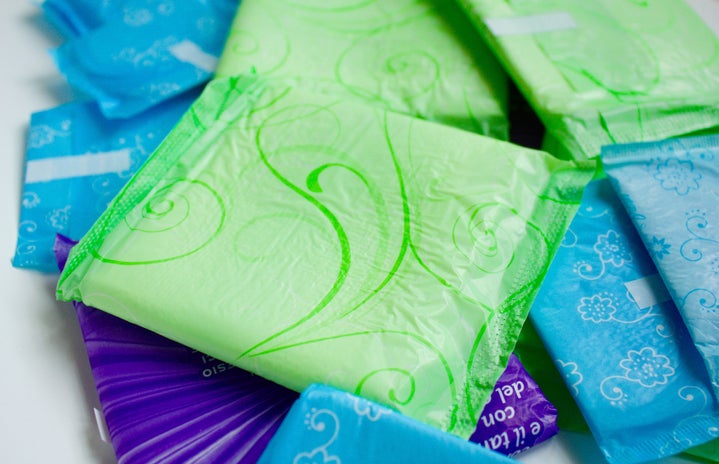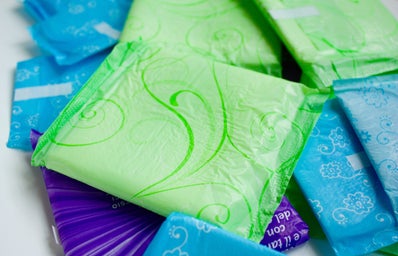As the Covid-19 pandemic hit us, the Indian government went on to impose a nationwide lockdown to limit the spread of this contagious disease. While the decision was taken with the right intention at its core, a lot of challenges and consequences emerged as a result of this lockdown- ranging from confusion about the guidelines issued by authorities, huge queues at the stores to outrunning of essential commodities. All these things have left the economy in shambles and the underprivileged without essentials. Moreover, the lockdown with its extensions also impacts access to menstrual hygiene products and the ability to maintain hygiene during periods and dignity of millions of women and girls. Already, there has been feeling from lack of adequate infrastructure to practice menstrual hygiene, but now it’s in even deeper trouble.
Starting from March 24th, access to these essentials items was curtailed in the country. The production and distribution of sanitary napkins were stopped or slowed down significantly. Consequently, there is trouble in accessing the same in rural as well as urban locations. Women with limited mobility/affordability to purchase sanitary pads are left without a choice until the supply chains are restored completely. Productions of napkins by small scale industries such as SHGs and the federations are severely affected due to working capital constraints and restricted movement of goods and raw materials.
Usually, women are dependent on the free or subsidised supplies of napkins from schools and SHGs which has been cut off for now. For low-income households and those who work at daily wages who have lost their livelihoods, the affordability comes to the forefront again, as there is a struggle in purchasing enough pads for regular use. As there is low availability, there may be an unreasonable escalation in prices in some areas keeping the products out of reach. In the shelters and relief camps where food and water are of primary concern and in the isolation ward where testing kits and medicines are necessary, the menstrual products for women are not considered as an essential item. Due to this, female migrants on the road, and women in quarantine may experience discrimination. Women may use their menstrual products for longer hours than recommended or turn to unhygienic alternatives. Irrespective of what is used, changing menstrual products regularly and disposing of the used products is more challenging than usual now.
In times of crisis, reproductive health and the rights of women are often neglected and threatened. With this threat of reproductive health and hygiene, we can resort to alternate products made at home with resources that are relatively easy to avail.
DIY Cloth Pads
Cloth pads are easy to make with materials at home. Even more easily available in our homes and will prepare us to manage mensuration during this time. It is accessible by most of the women and reusable too. It can be a temporary solution during this lockdown when most of women are left neither on supply nor access to pharmacies.
Steps to make a DIY cotton pad:
1. Create a stencil of the pad and mark it on the cotton pad.
2. Use the cotton cloth that you would be comfortable wearing. Try to avoid synthetic cloth.
3. Make cut-outs from the cotton cloth from the top and bottom layers of the pad.
4. Take a towel cloth and cut it out in the same shape, to form an absorbent layer (The amount of towel cloth for this is up to your needs)
5. Now, begin by stitching the inner layer (towel cloth) together.
6. Once done, stitch the inner and top layer together but make sure you leave some space to turn the pad inside out.
7. Once turned inside out, stitch the remaining part.
8. You can then use either titch buttons on the wings, these will click and hold the cotton pad together for a longer time.
Make sure to take some precautions while using a homemade cotton pad,
1. Soak the used pad in the cold water for about 30 minutes.
2. Gently wash with hands it using detergent.
3. Dry in the sun until it’s completely dry.
4. Change the pad in every 4-6 Hours.
5. Wash the pad after every use.
Here’s hoping these steps make your menstrual cycle a tad bit easier during the lockdown. Do share this amongst your circles, and have a healthier, environment-friendly period!


